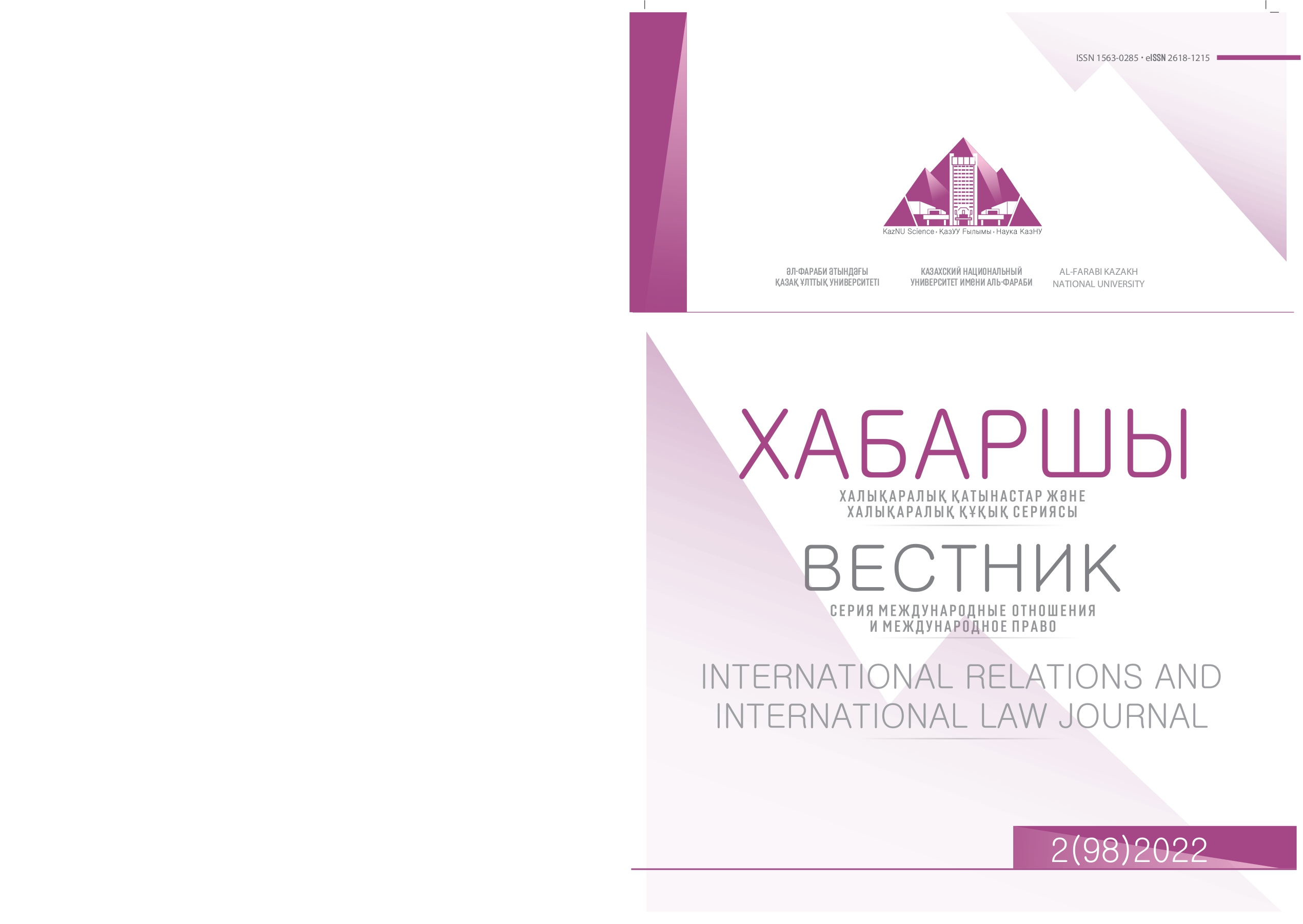Analysıs of the “associated trio” as a backfire effect of Russia’s foreign policy of near abroad
DOI:
https://doi.org/10.26577/IRILJ.2022.v97.i1.08Abstract
The attempts of the European Union (EU) to engage its eastern neighbors into the European integration after the last eastward expansion in 2007 were found to be largely unsuccessful. The sensitivity of the issue for Russia and the failure of the EU’s eastern neighbors to carry out necessary reforms were among the main reasons that impeded the progress in the European integration of these states. However, on May 17, 2021, Georgia, Moldova, and Ukraine have come up with a new initiative aimed at revitalizing the European agenda through enhancing mutual cooperation and coordination in issues of common interest related to European integration. The study argues that by counterposing itself to the West and attempting to retain its old paradigm of its area of geopolitical influence in the “near abroad” Russia has greatly contributed to the cooperation between Georgia, Moldova, and Ukraine and the establishment of the “Associated Trio” format. As a result of similar interventions to these states jeopardizing their security, Georgia, Moldova and Ukraine have developed a strong common anti-Russian agenda, which served as one of the driving forces in their European aspirations. At the same time, the mobilization of the three members of the new initiative was made possible thanks to democratization and reforms imposed from the outside and pushed from inside.
Key words: Associated Trio, Georgia, Moldova, Ukraine, Russia, European integration.














